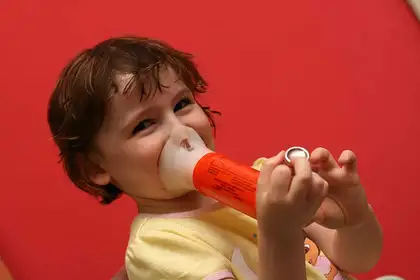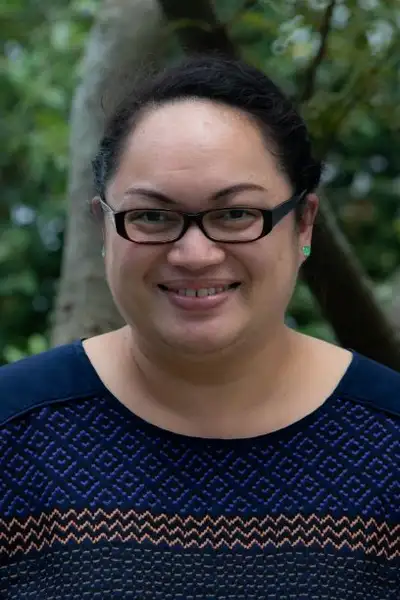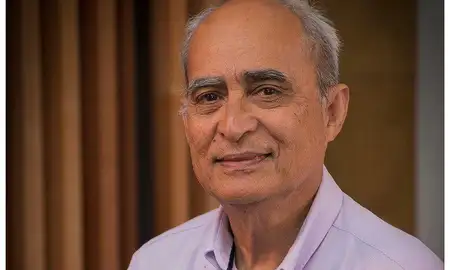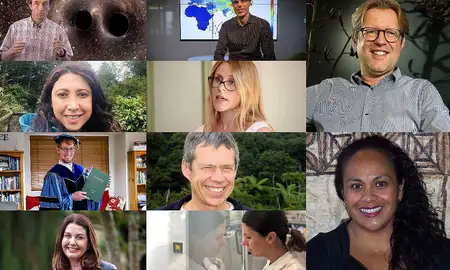
The rate is the lowest it has been since the 2011/12 period, with 11.9 per cent of children in the two to 14 year age group being diagnosed and treated for asthma. The two to four year age group had the most noticeable change, experiencing a decrease of six per cent.
Researchers say the numbers show a clear inequality within the group of children affected.
EHINZ’s Senior Intelligence Analyst Helene Marsters says Māori and Pacific children are more likely to have medicated asthma, with Māori children sitting at 16.6 per cent and Pacific children at 16.4 per cent.
She says the trend of asthma prevalence in Māori children over the last 10 years have been the most inconsistent.
“While the other ethnic groups were shown to have relatively stable prevalence rates of medicated asthma over the years, the rates for Māori children have been shown to fluctuate from 2011 to 2021.”
The numbers show there is no statistically significant difference in asthma prevalence as a result of neighbourhood socioeconomic deprivation, but boys are more likely to suffer from medicated asthma than girls.
The rates of children with asthma in New Zealand is high in comparison to other countries, with 26 children dying from asthma between 2011 and 2018. Poor environment conditions have been linked to increased risk of asthma in children, including second-hand smoke exposure, indoor dampness and mould, and transport-related air pollution.
EHINZ, based within Massey University’s College of Health, is funded by the Ministry of Health to monitor and provide intelligence on the effect of the environment on the health of New Zealanders.
Read the full asthma prevalence factsheet here.

Helene Marsters, Senior Intelligence Analyst with EHINZ.
Related news
Health researchers secure HRC funding for asthma among Pacific children
A Massey-led study has been awarded $971,541 by the Health Research Council of New Zealand (HRC) to explore the barriers to self-management of asthma in Pacific children.

Pandemic, Pasifika health and asthma research among Massey's Marsden successes
Ten Massey University-led research projects will receive almost $9 million from the Royal Society Te Apārangi annual Marsden Fund announced by Research, Science and Innovation Minister Dr Megan Woods.

Lockdown sees lowest energy consumption levels in seven years
New data from the Ministry of Business, Innovation & Employment, analysed by Environmental Health Intelligence New Zealand (EHINZ), shows New Zealand’s total energy consumption in 2020 was the lowest it has been since 2013.
